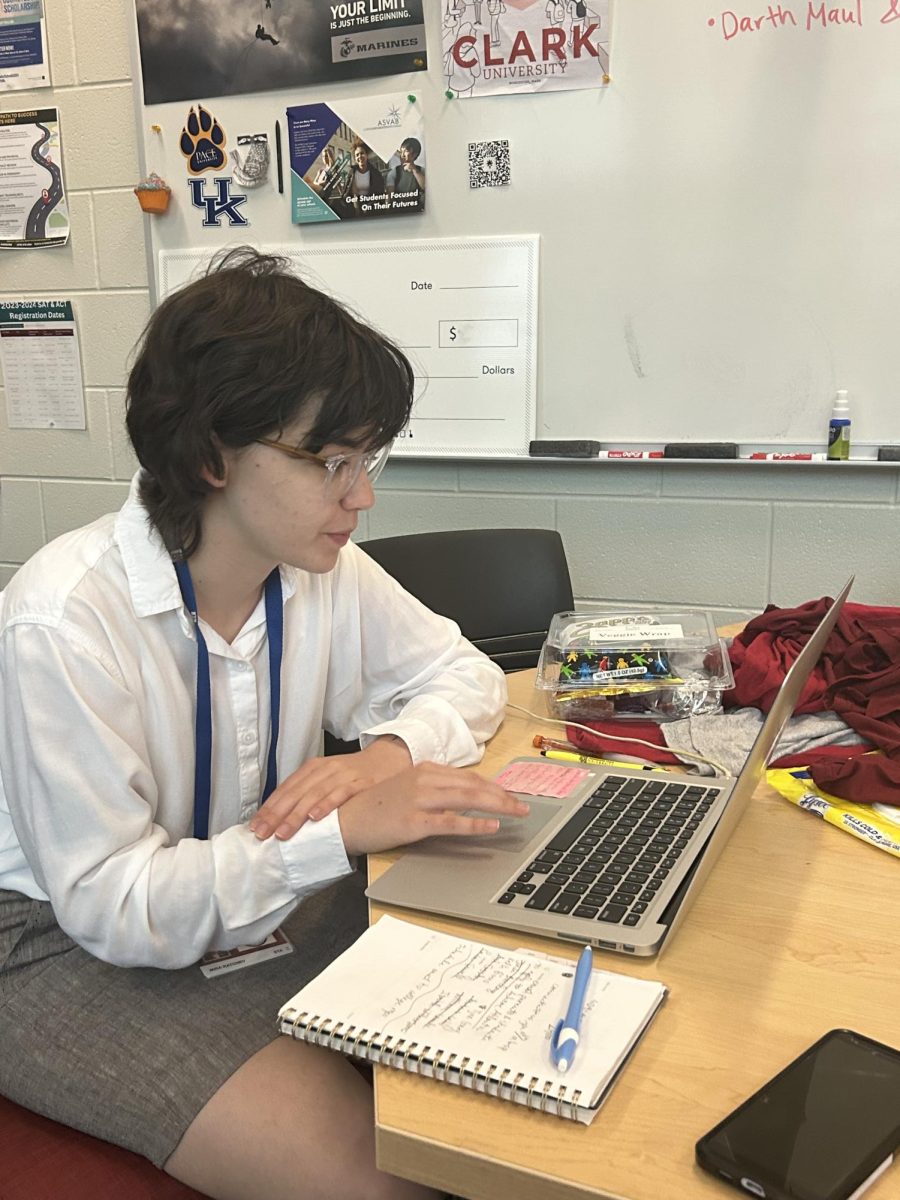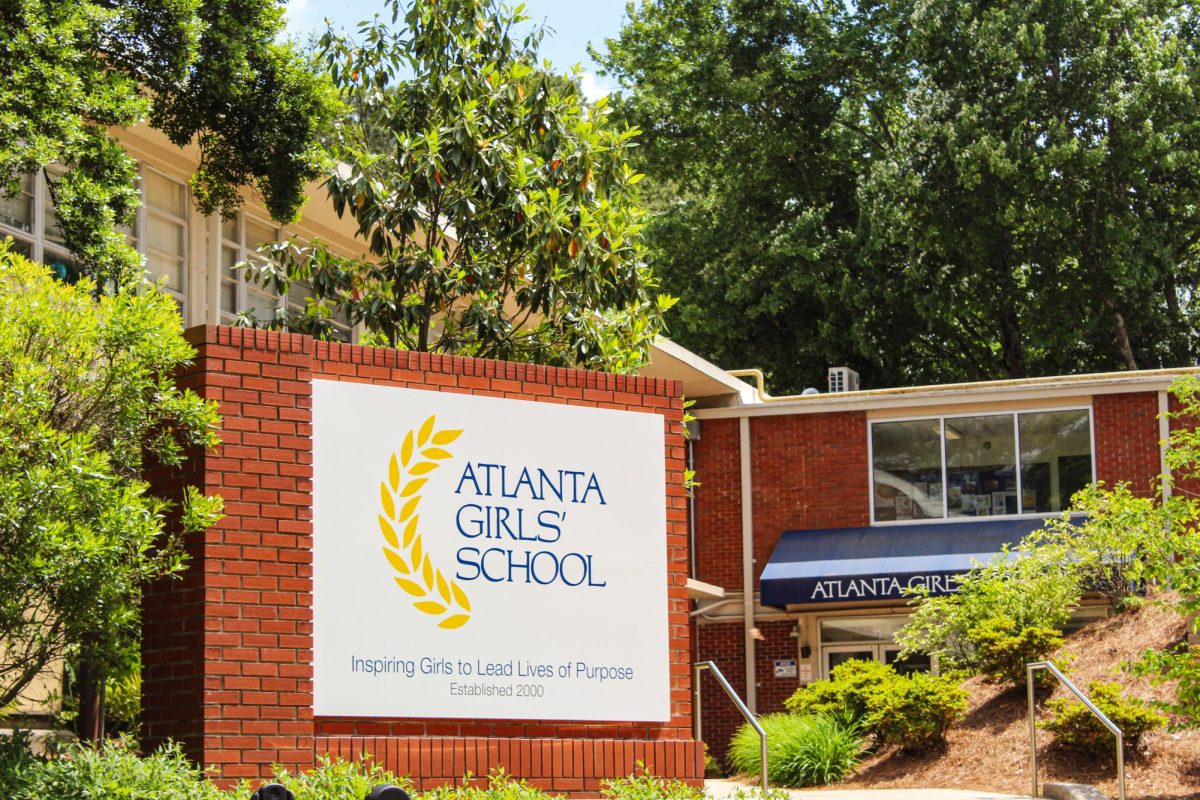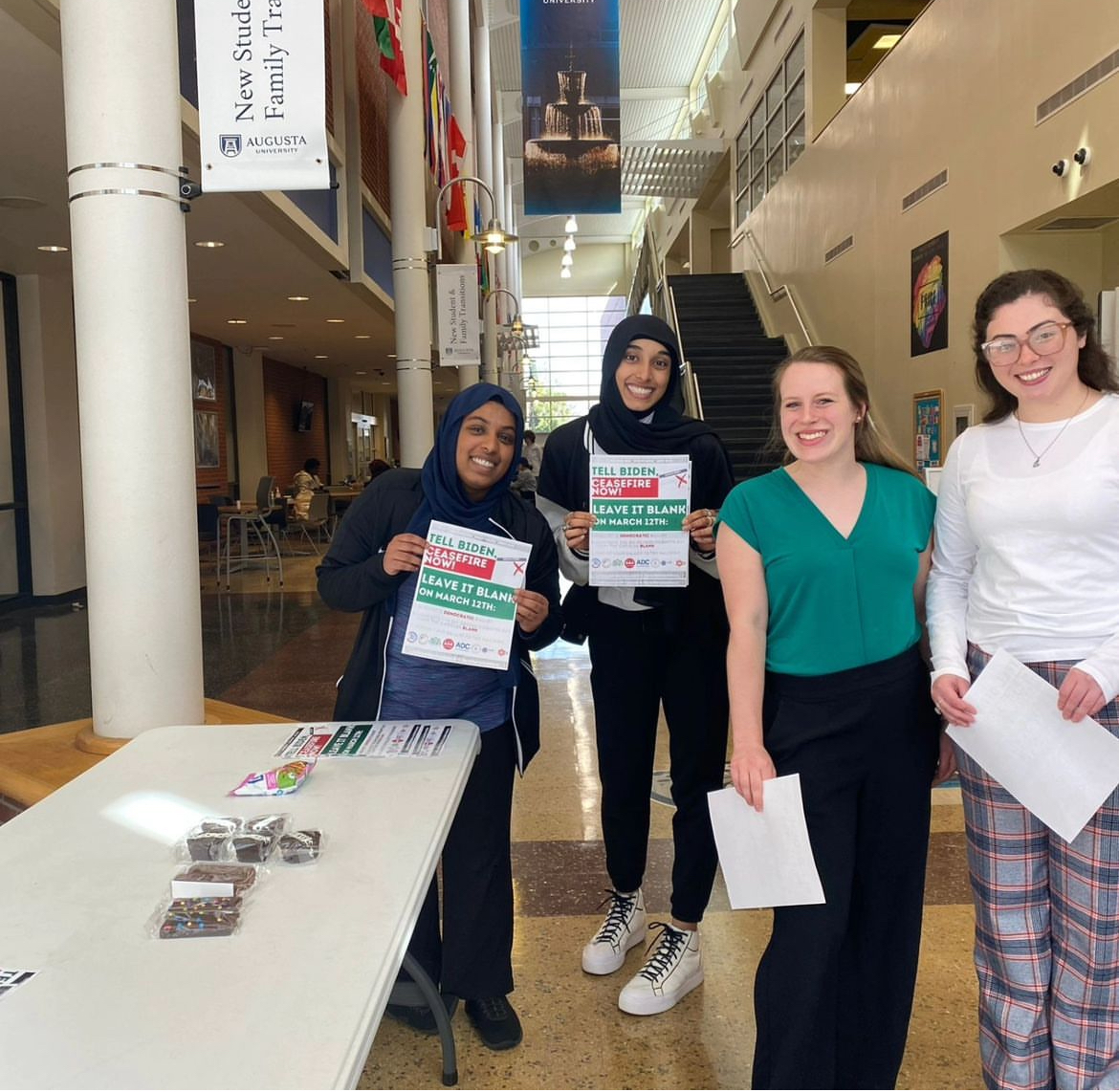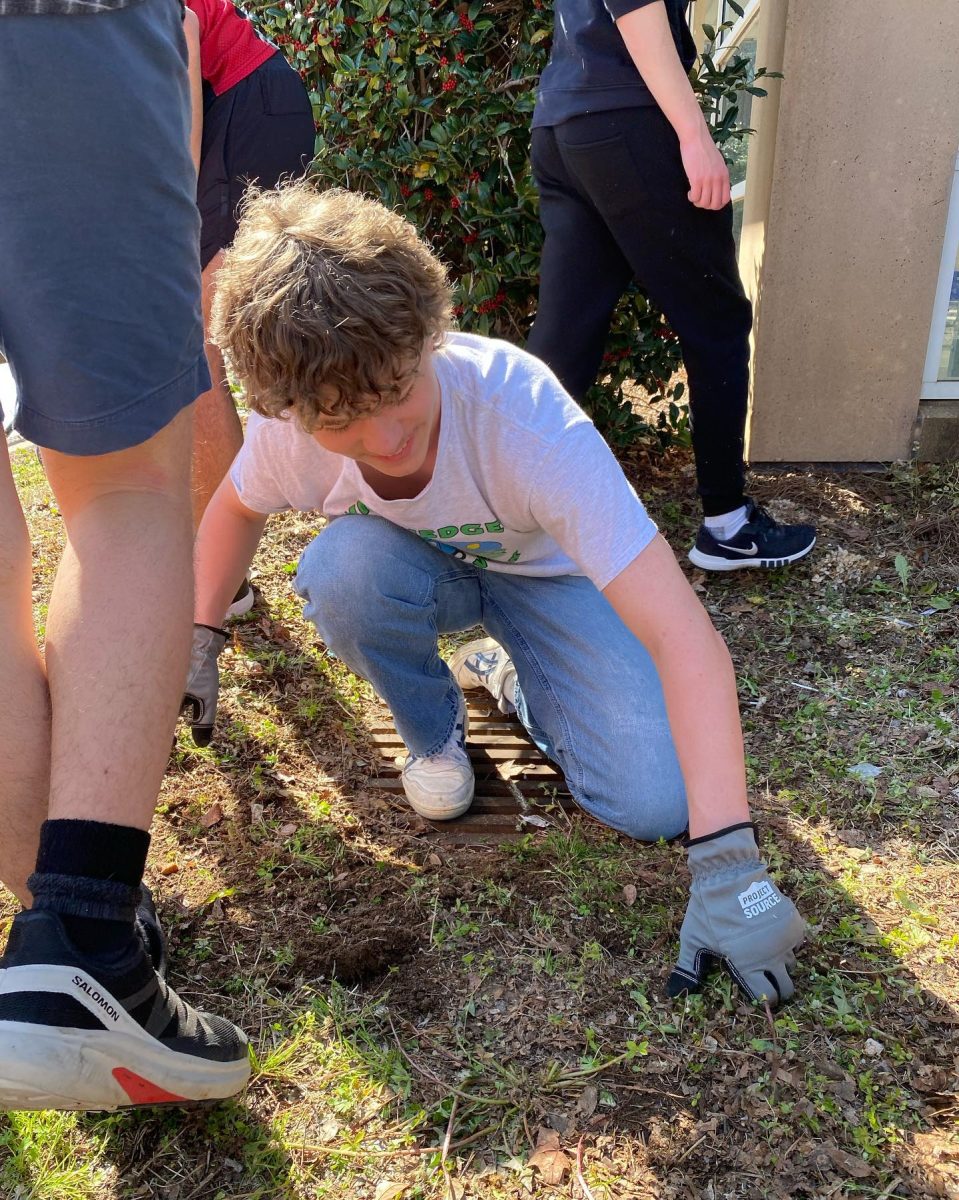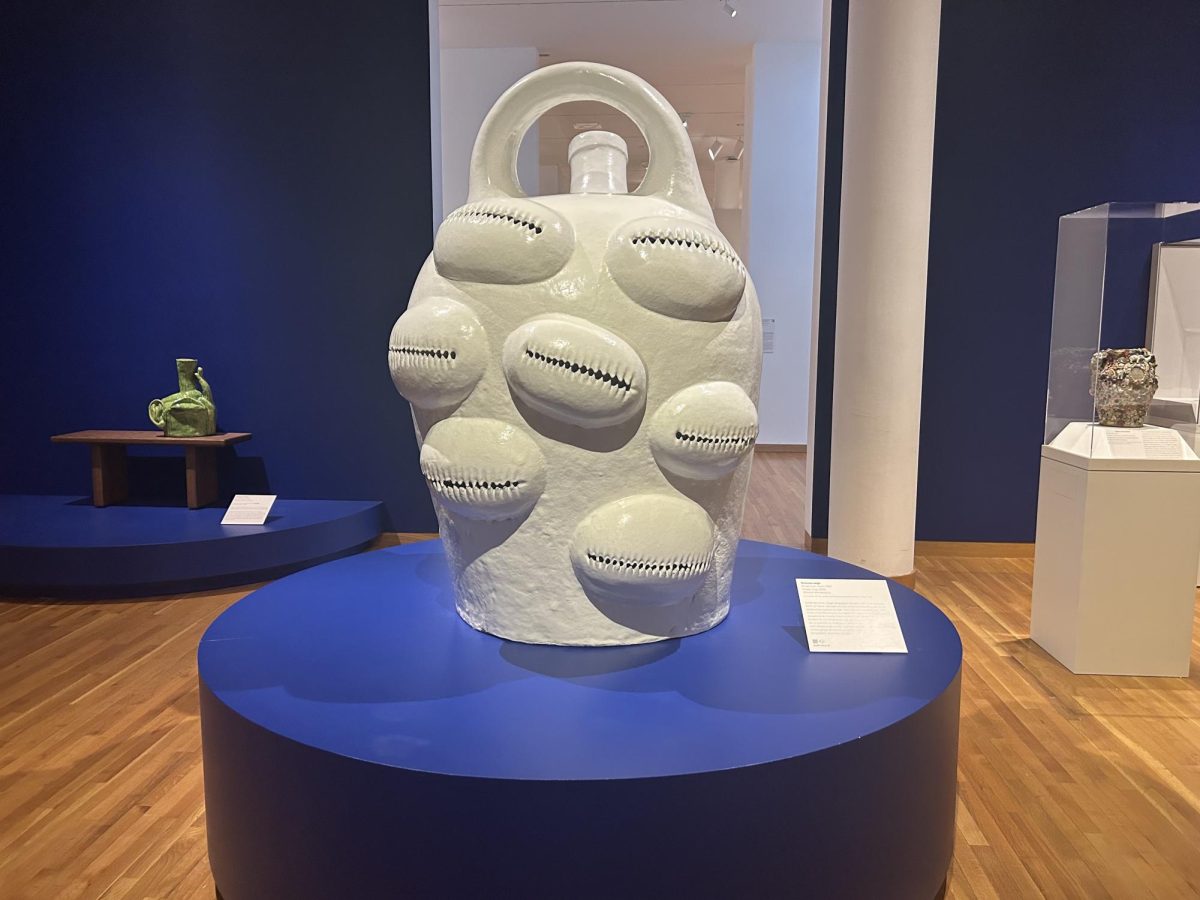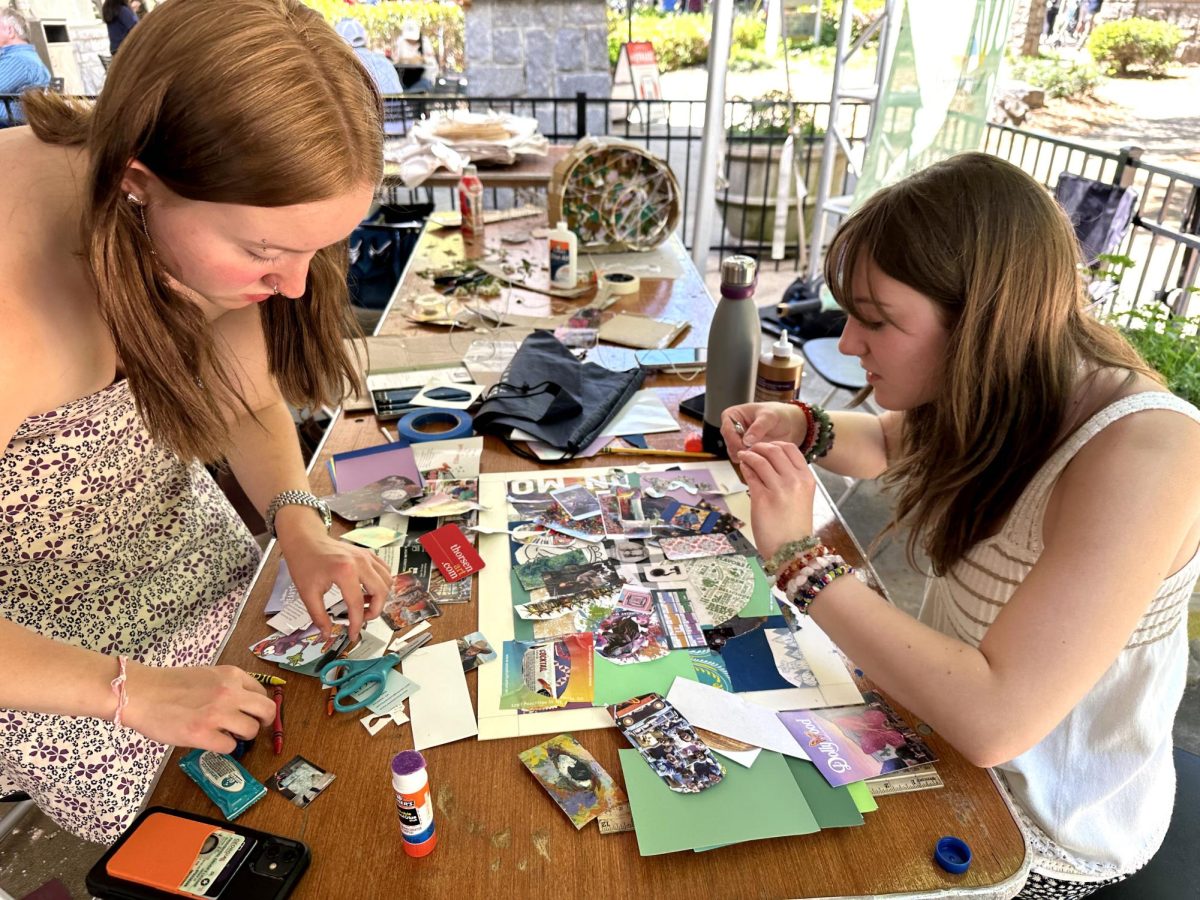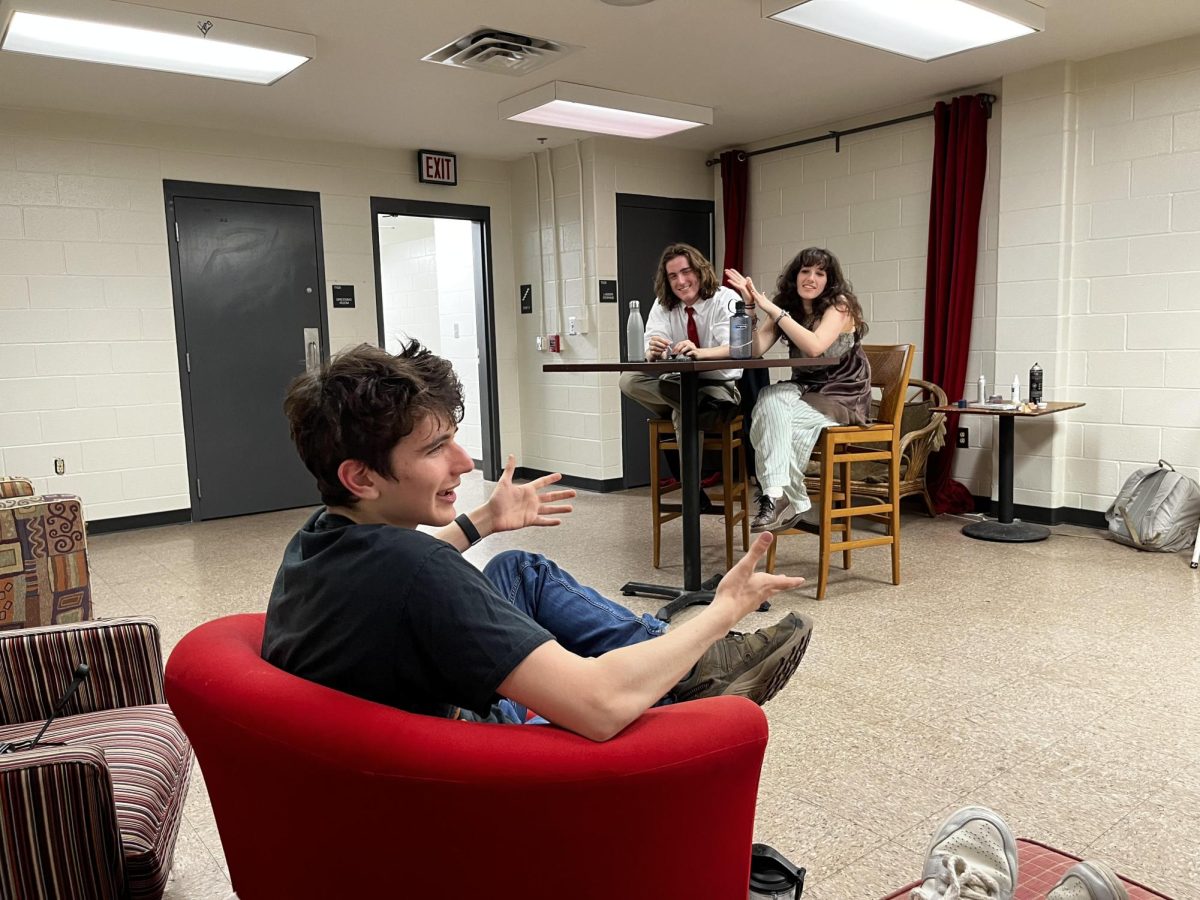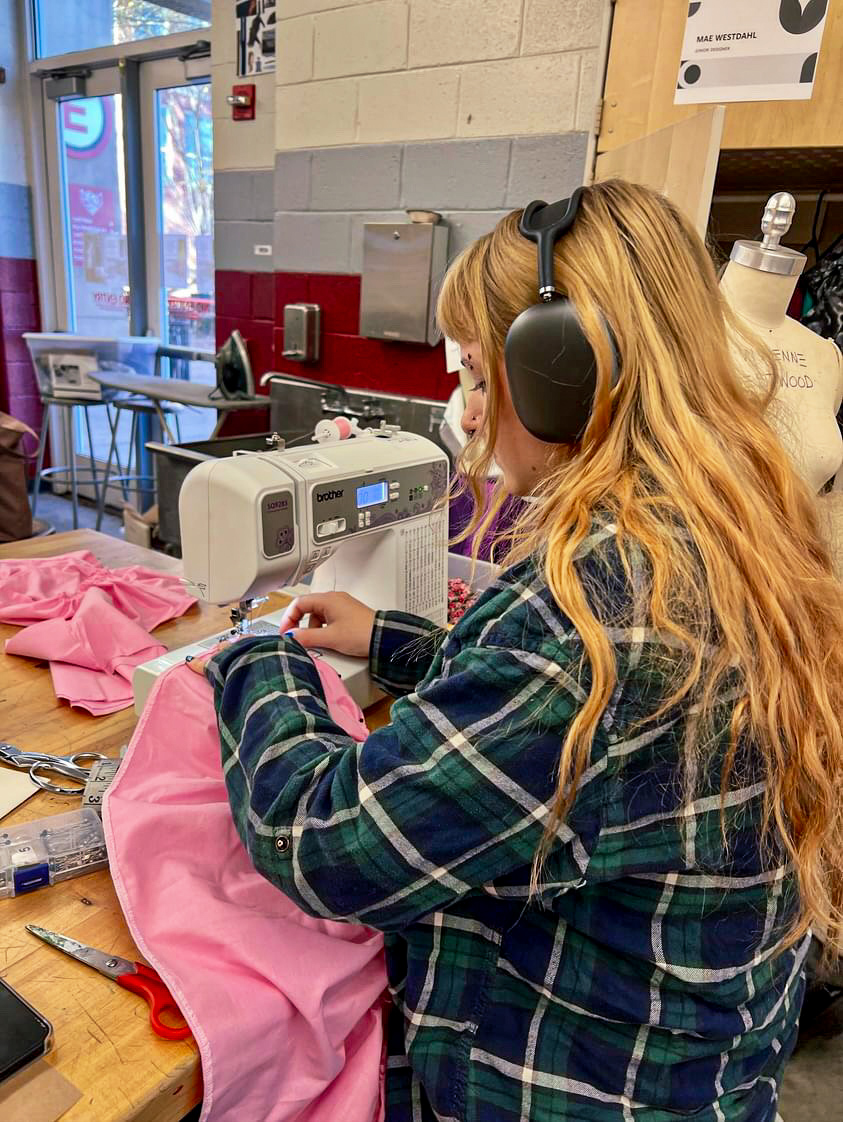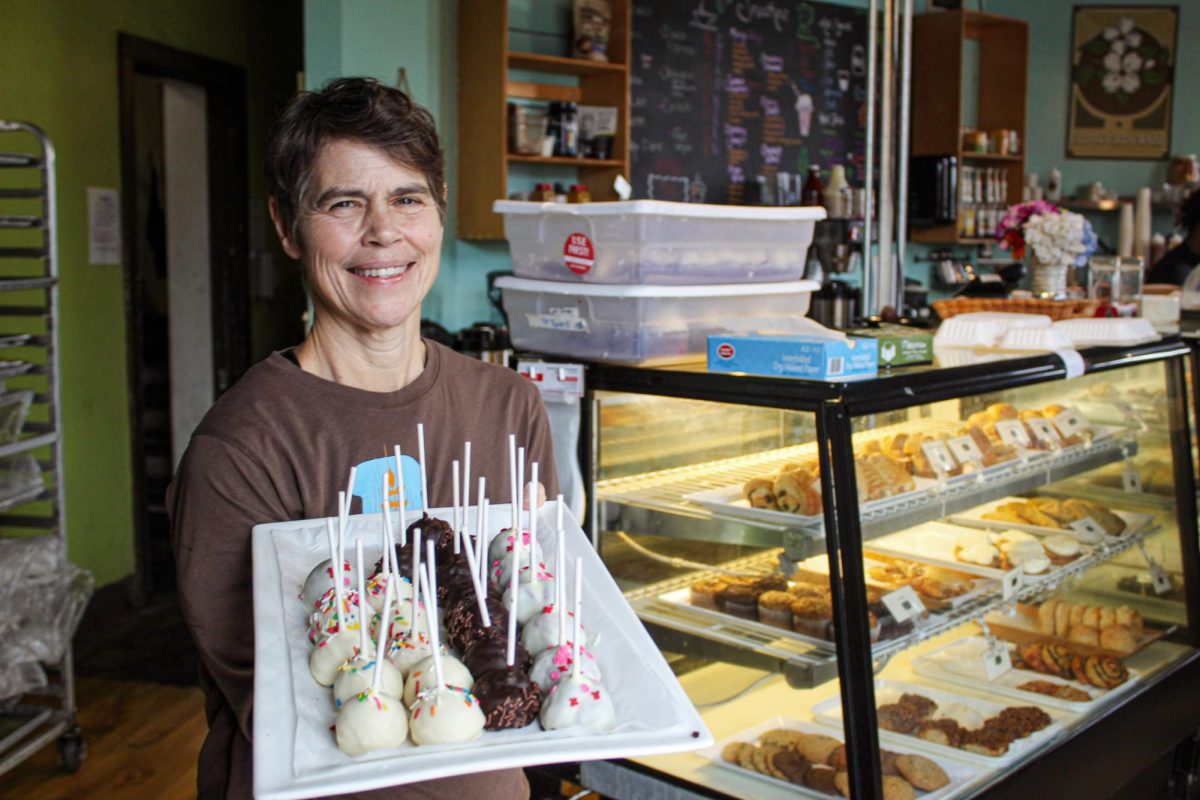In Georgia, 43.2 percent of adults and 43.1 percent of adolescents reported eating less than one serving of fruit daily, according to a 2016 survey conducted by the Centers for Disease Control and Prevention.
This statistic is not surprising, considering over one in five Georgians are food insecure, or unsure where their next meal is going to come from. While many look to organizations like the Atlanta Community Food Bank for help, such organizations are quite limited in what they can offer: mainly boxed and canned goods, not fresh fruits and vegetables.
That’s where Concrete Jungle steps in. Founded in 2009 by Aubrey Daniels and Craig Durkin, the non-profit organization works to collect neglected fruit and distribute it around Atlanta to the hungry.
The idea began when the two noticed fruit sitting on trees or falling off of them, unpicked and uneaten. Together, Daniels and Craig worked to create a system to efficiently pick, wash and distribute the fruit to those in need, and founded a farm located less than 10 miles south of Grady to further their yield. Concrete Jungle’s staff, consisting exclusively of volunteers with the exception of one part-time employee, has been working to expand the organization and distribute as much food as possible ever since.
Mimi Hall is one of those volunteers. She’s worked on the Concrete Jungle board since 2012 and helped the organization become an official nonprofit. Hall now assists the executive director and helps with volunteer engagement and process improvement.
Hall became involved with Concrete Jungle when she realized how important it was to provide the hungry with healthier options.
“I didn’t realize eating fruits and vegetables was a luxury until I entered my adulthood,” Hall said. “I knew there were always hungry people, but I didn’t understand that even people with money couldn’t necessarily access or afford fresh food, so then I met Concrete Jungle. It’s a very
tangible way to make a difference with an indignant population without having to lobby or petition.”
The way the process works is relatively simple: people send in tips about neglected fruit trees all around the city to Concrete Jungle, which works to gain permission to pick the fruit. Then, they put the tree on a digital map and set up times to pick on different days. They then wash the produce, weigh it and finally distribute it to various organizations, who send it to those who need it most.
One of those organizations is Mercy Community Church in the Poncey-Highland neighborhood. The church’s mission, according to its website, is to form a welcoming community in Midtown by bringing together people living in housing and those who aren’t in a variety of ways, including through communal meals featuring produce provided by Concrete Jungle.
According to Hall, one of the many ways Concrete Jungle is unique is its reliance and emphasis on volunteer work.
“You’re engaging a population and they are benefitting from it, but they’re just a means to your end,” Hall said. “The end goal is donate the food, so the fact that we use a fun volunteer experience to do good — and it’s not just token, we really couldn’t do without our volunteers — I think that’s what makes it special.”
The volunteers are used in a variety of ways: they can be “tree parents” and look after certain trees, can work the organization’s Doghead Farm on Saturday mornings, help pick fruit, wash and deliver the fruit, or simply log a tree they think Concrete Jungle could use.
Concrete Jungle has become popular because of its fun and easy way to make an impact on the community.
“It’s really fun to pick berries and people want to do that,” Hall said. “Everyone’s looking for tangible ways to help with these issues that people feel are so large and so insurmountable.”


